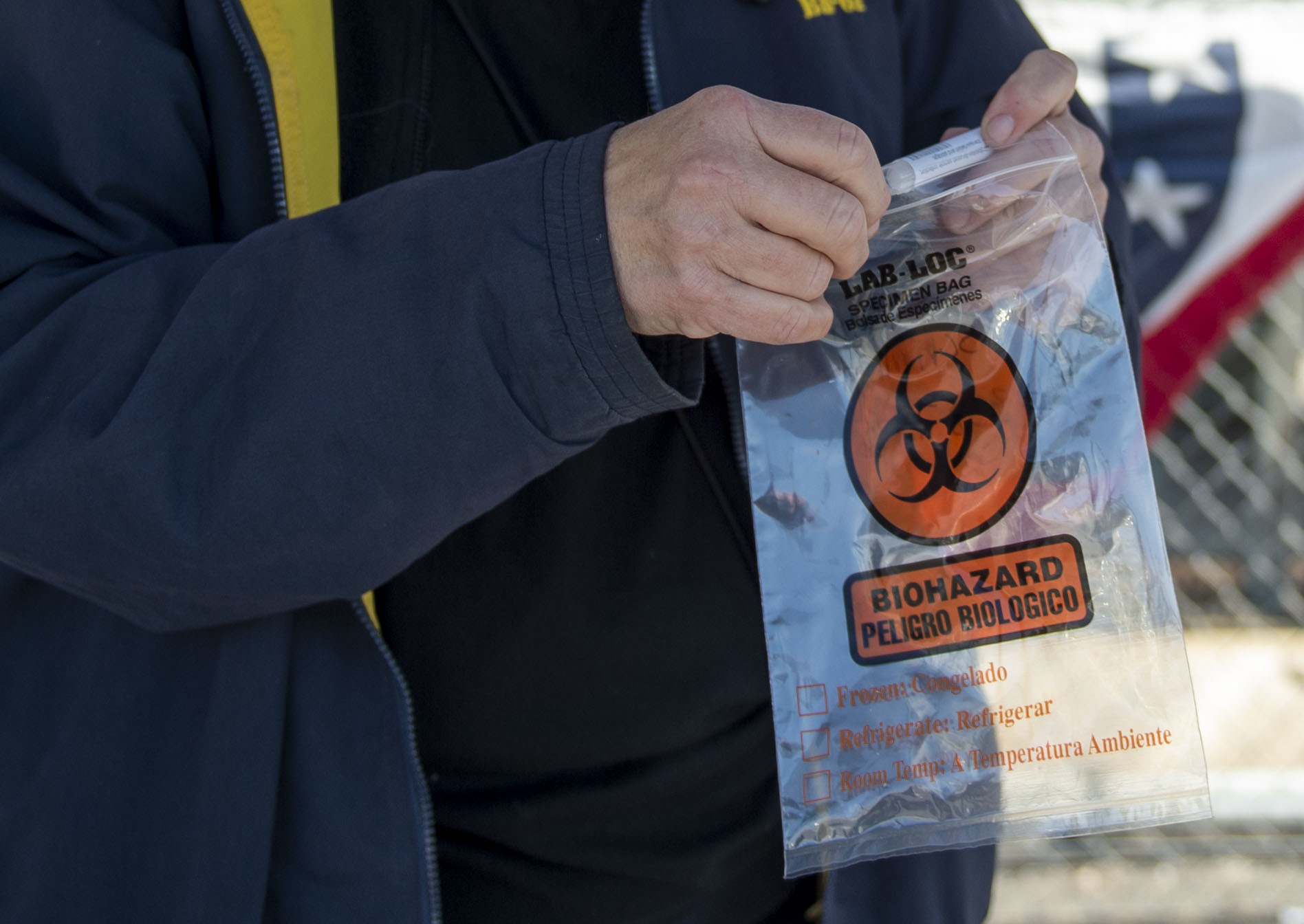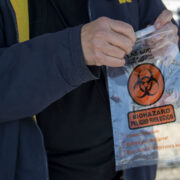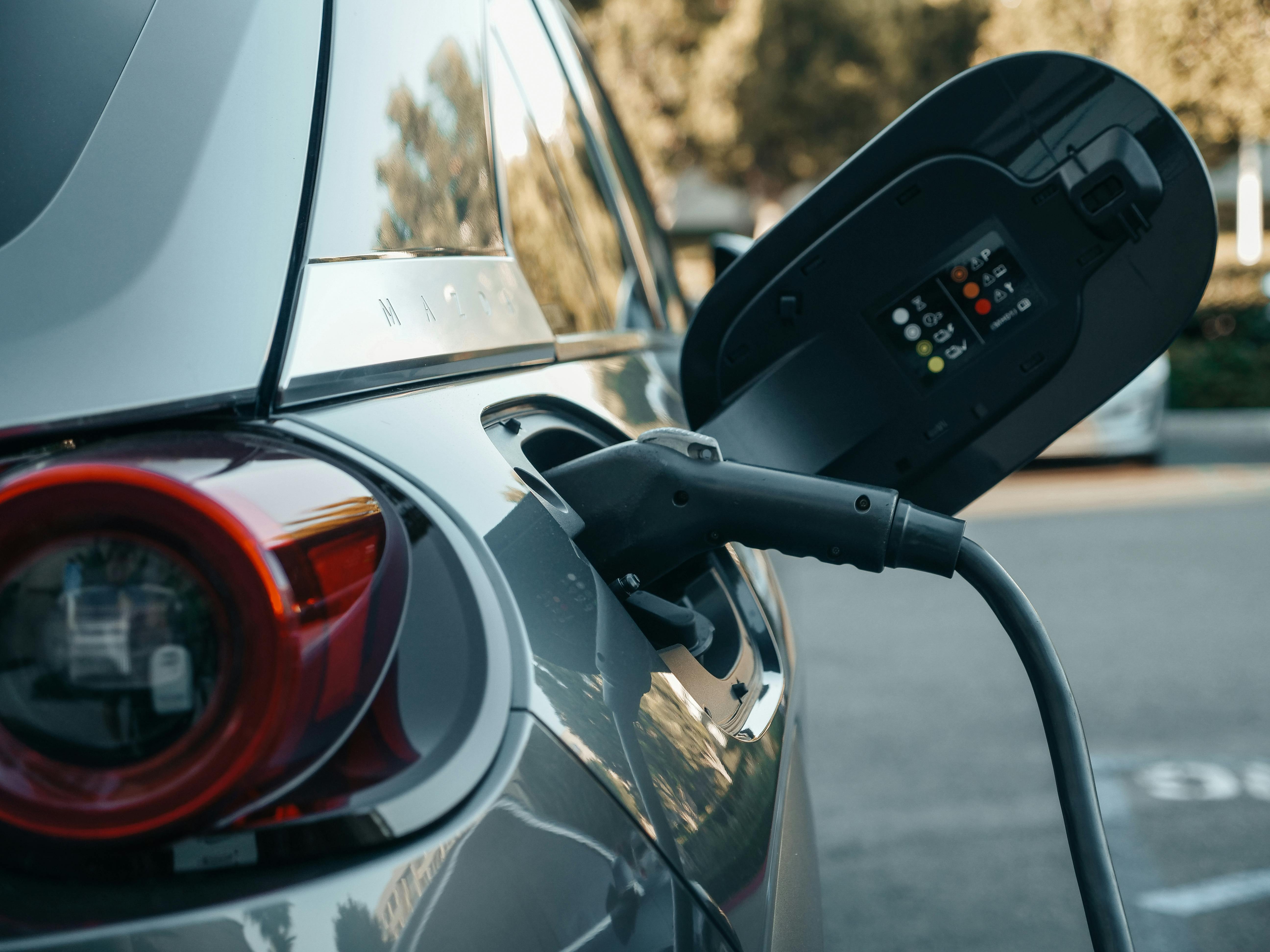
CALIFORNIA Attorney General Rob Bonta issued an alert warning Californians to beware of fake COVID-19 testing locations and websites.
With an increased demand for COVID-19 testing due to the recent spike in cases, scammers are exploiting vulnerable individuals looking to determine whether they have the COVID-19 virus. These unverified sites pose as legitimate companies and healthcare clinics offering COVID-19 testing.
However, after receiving payment for a COVID-19 test, these fake testing sites oftentimes fail to provide their patients with their test results. These sites may also ask for a patient’s personal identifiable information with the intention of committing fraud. In today’s alert, Attorney General Bonta shares tips on how to avoid testing site scams, as well as how to search and locate legitimate, verified testing sites.
“Throughout California, fake testing sites are sprouting up to exploit families and individuals seeking COVID tests. It is important to recognize the signs of sham testing sites to protect both your money and personal information,” said Bonta. “I urge Californians to do their part to avoid fake testing sites by utilizing state resources, including the California Department of Public Health’s website, to find a verified COVID-19 testing site.”
Tips to avoid COVID-19 testing site scams
Do your part to avoid fake COVID-19 testing sites by utilizing the following tips:
- Only get tested at verified COVID-19 testing sites or through medical groups: To find a testing site near you that is verified to perform COVID-19 testing, use the California Department of Public Health’s test site search tool. You may also search for local testing sites through your county’s local public health department. You can find your county’s public health department website at COVID19.CA.GOV’s Hotlines and Local Info web page. Also check with local medical groups to see if they offer testing services within their facility.
Should you choose to use an unaffiliated testing site, be wary of the following:
- If a provider insists on documenting your nationality or immigration status;
- If a provider does not offer a notice of privacy practices, or cannot explain how it will use and share your personal data; or
- If a provider insists on accessing your passport or driver’s license when you have other documents that show your insurance status.
- Identify and avoid “lookalike” websites: Fake testing sites may require you to sign up online. Beware of fake websites that purposely look identical to those belonging to well-known, trusted organizations and state agencies. Before entering personal information into an online form, always make sure that the website you are visiting is secure and does not display misspellings or unfamiliar names in the URL.
- Be cautious of unsolicited calls regarding testing sites: A legitimate company or health clinic will not call, text, or email you without your permission. If you receive an unsolicited message from an individual, do not provide the caller or sender with any personal information until you have confirmed it is coming from a legitimate source. If you feel pressured to provide personal information, just hang up.
If you believe that you have been scammed by a fake COVID-19 testing site, you are encouraged to report it to your local police or sheriff’s office and file a complaint with the Attorney General’s Office online at oag.ca.gov/report.
Free COVID-19 test kits
This month, the federal government announced the launch of a new federal resource where individuals can get free FDA-authorized at-home COVID-19 test kits.
Visit COVIDtests.gov, or call 1-800-232-0233 (TTY 1-888-720-7489) to order free COVID test kits from the federal government. When placing an order online, you will be redirected to the United States Post Office website to fill out an order form. The form only requires you to provide your first and last name, shipping address, and an optional email. Remember that no one from the federal government will call, text, or email you to ask for additional information to help you with your order. If someone reaches out asking for additional information such as your credit card information or Social Security number, do not respond – it is a scam.






